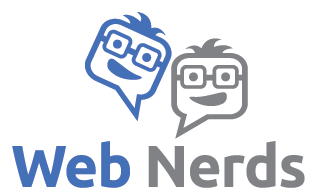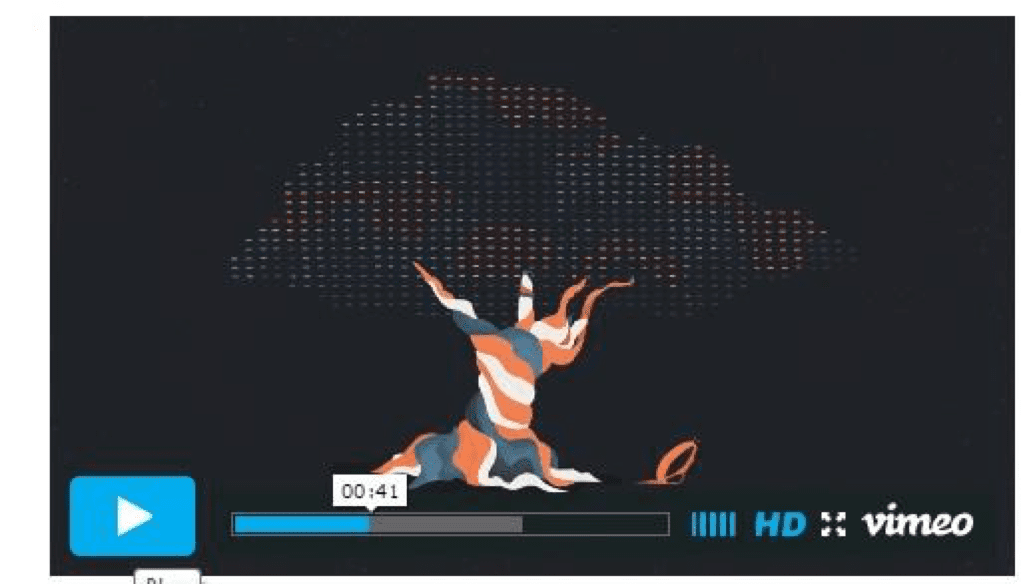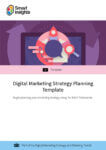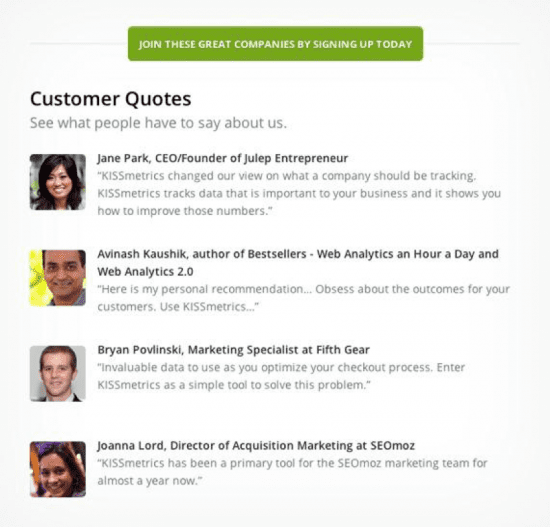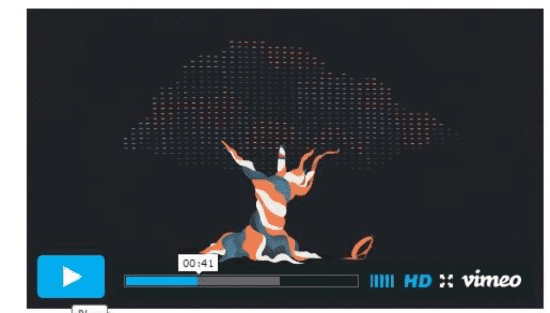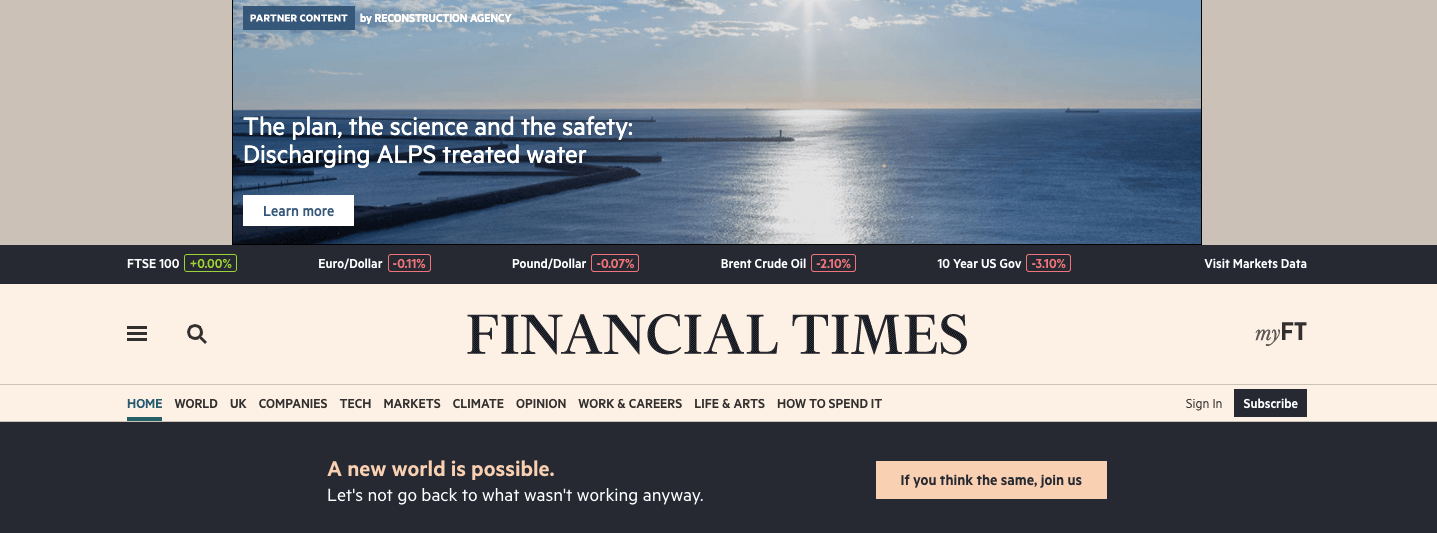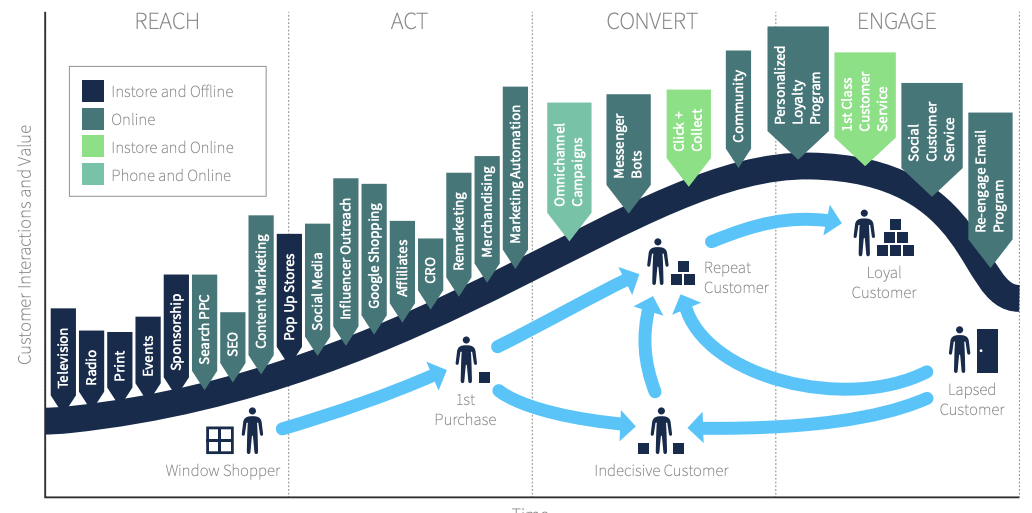A quick guide to different types of advertising for different purposes
This article explores different types of advertising online. Which ones are effective? Which among them actually help businesses reach their bottom line and business goals?
In Digital Marketing: Integrating strategy and tactics with values, published 2014, Ira Kaufman and Chris Horton wrote that we’re well beyond the stage in which digital media is a fad. In fact, over the last 10 years, digital media has become the means by which consumers communicate with their friends and families, especially when making purchase decisions. This is the main reason why marketers embrace and invest in digital marketing and advertising.
But, alongside these welcome developments in customer behavior and expectations, marketers are faced with increasing challenges – algorithm updates, changes in tracking, and increased noise in the digital landscape to name just three.
As Anatolii Labinskyi put it ‘change is coming to digital advertising in 2022‘, making it more important than ever for marketers to get to grips with the different types of advertising available today. That’s why we’ve listed some of the different types of advertising to help you figure out what works best for your targeted audience.
If you’re looking to optimize your marketing strategy, integrate your digital activities, or just need some help prioritizing your next steps, then our popular RACE Framework is for you. As you can see in the funnel below, advertising is one of many digital channels which make up your marketing activities across reach, act, convert, and engage.
If you’re not sure where to start, why not download our free digital marketing plan template? Our simple planning structure of plan – reach – act – convert – engage supports marketers, managers, and business owners to streamline their marketing activities and prioritize digital media that generates growth.
1. Static display ads
It is an advertisement on a web page that does not change. It’s generally agreed that static display ads are quicker and cheaper to design. Most static banners we say today consist of a still single frame with a catchphrase. Emma Philips recommends ‘you should always aim to use unique images and graphics to help grab the attention of the audience‘.
Animated ads don’t get to the CTA quite as quickly as a static banner does. So, if you have a simple and short message to convey, a static banner may be better suited to your campaign. However, static is not limited to banner ads. They can be in other forms like one-way webinars, website pages, eBooks, emails, and landing pages.
2. Interactive ads
Marketing expert John McTigue explained the advantages of interactive content. Besides the fact that they’re cheap to set up, an interactive ad increases brand loyalty and reputation. It can be in the form of customer reviews, mobile apps, social media
It can be in the form of customer reviews, mobile apps, social media updates, and shares, as well as blog comments. However, it comes with a few drawbacks, too. It’s easy to setup but it’s not cheap since you have to monitor the channels at all times. You have to provide fresh and relevant content to keep your customers engaged. Indeed, it requires manpower, training, and talent to do well.
Another example is the Interactive advisor banners, which are minified versions of SMARTASSISTANT advisors, in which only the first question is displayed and then upon interaction, it leads users to a campaign-specific landing page where they are able to answer additional questions and get immediate suggestions on suitable products.
Interactive advisor banners are an engaging approach to help create an emotional experience for consumers, build powerful brand awareness, and increases click-through rates through relevant content. Studies have
Interactive advisor banners are an engaging approach to help create an emotional experience for consumers, build powerful brand awareness, and increase click-through rates through relevant content. Studies have shown that consumers are 2.5 times more likely to interact with these types of ads than with regular ad options.
3. Animated ads
Animated GIF or flash ads are types of advertising that take more time to create than a text or standard image but they are worth the investment. Animated ads give your customers up to 30 seconds to get your message across. Animation can also help to simplify your message, and stories can be told through moving images instead of said with plain text (which can be a little boring).
4. Banner ads
These are similar to static ads, and are displayed across a users screen – usually at the top.
Ad Placement
Place your ads to reach your ideal customers with the right message, in the right place at the right time. If you’re thinking about social media sites like Facebook, Twitter, or YouTube, you already have an idea about the best places to put your ads. Indeed, social media is a game-changer in the world of digital advertising. Let’s take a closer look at different types of advertising online.
- Search ads- you can utilize this by activating your Google Adwords account or similar advertising platforms.
- Pay per click (PPC) ads- provide instant gratification simply because you can expect increased traffic to your website hours after launching a campaign. Advertisers can monitor how much they spend with PPC as well as what keywords did trigger traffic to the website. Some of the biggest advantages of PPC Ads are lower advertising expenses, greater control over your ad campaigns and more accurate customer targeting.
- Bing- Just recently, Bing Ads announced the launch of remarketing for search and shopping campaigns. Advertisers can now serve ads on Yahoo or Bing search results to users who have visited their site.
- Facebook- through Facebook, you’ll have the opportunity to approach exactly your target group. Before starting your Facebook marketing strategy, make sure you’re clear about the ad design and content, segmentation, ad formats, and your budget.
- Twitter- the site offers three types of ad options—promoted tweets, promoted accounts, and promoted trends. According to Penna Powers, promoted trends will cost you around $200,000 per day.
- Google Display- Google said the Display Network (GDN) reaches over 90 percent of global internet users expanding across two million sites. Display ads are those banners or small boxes you see when you skim your favorite sites or blogs.
- Retargeting Ads- AdRoll said retargeting works by keeping track of people who visit your site and displaying your retargeting ads to them as they visit other sites online. Generally, they help convert window shoppers into buyers.
- Mobile Ads- it’s growing faster than all other digital advertising formats. Today, more than half of all web traffic is mobile.
Designing different types of advertising
After you’ve decided which types of advertisements to use and where to place them, it’s also important to consider their designs. If you’re planning to have a clickable banner ad, the first thing to consider is the size. Use a standard size as much as possible. By that, Google AdSense noted that the most successful sizes are the following:
- Large 336×280
- Medium 300×250
- Leaderboard 728×90
- Wide Skyscraper 160×600
You have to maintain hierarchy if you want a clickable banner ad. With these in mind, you should always have the three basic components in your ad to ensure that they would be accepted by the ad platforms and help your ad convert better – the company logo, a value proposition, and a call to action.
The role of different types of advertising in your marketing strategy
Don’t forget to consider the role of these different types of advertising in different stages of the customer journey. For example, raising awareness, generating leads, or retargeting.
Structure your marketing plan around a funnel proven to boost performance. Join Smart Insights as a Free Member for instant access to our free digital marketing plan template to hone your skills and drive the results you need.
